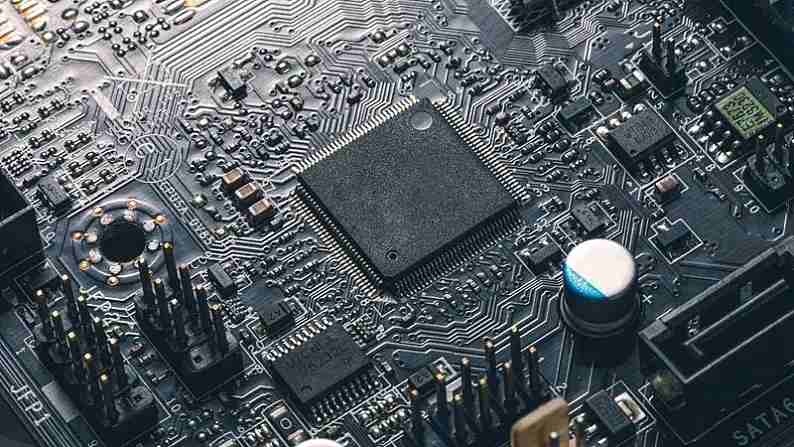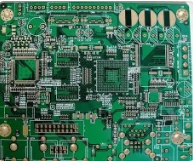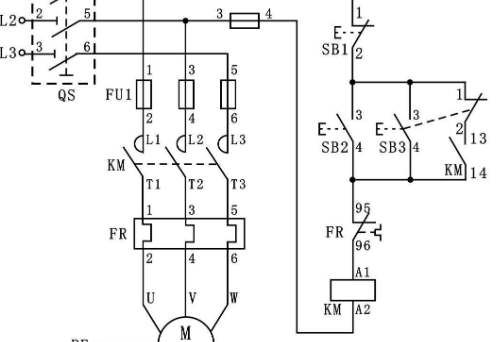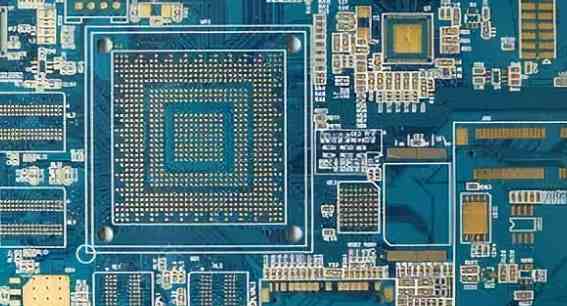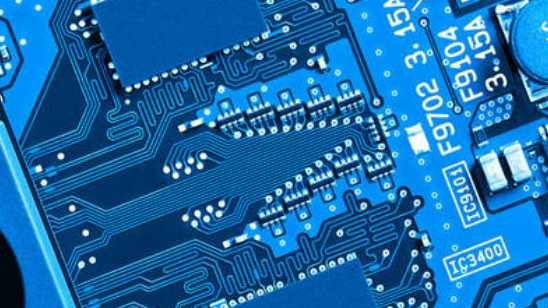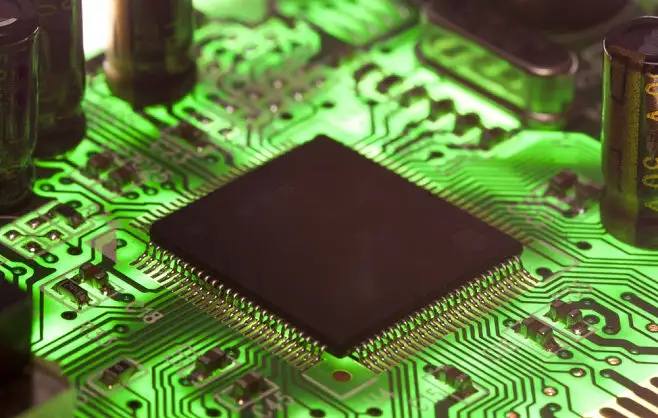
Why is process control measurement critical to prevent defects in SMT PCB assemblies?
The design of printed circuit board is based on the circuit schematic diagram to realize the functions required by the circuit designer. The design of printed circuit board mainly refers to layout design, which needs to consider the layout of external connections. The optimal layout of internal electronic components, the optimal layout of metal wiring and through-hole, electromagnetic protection, heat dissipation and other factors. Excellent layout design can save production costs and achieve good circuit performance and heat dissipation.
The integrity of printed circuit board is very important to ensure the reliability of electronic products. To do this, process control measurements must be performed to optimize the SMT PCB assembly. This ensures that costly errors will not be found in the future, which may lead to high failure rates of products and damage the reputation of electronic manufacturers.

The process control of SMT PCB Assembly essentially involves the adoption of some reliable processes in the printing, installation and reflow soldering stages.
Let's take a closer look at them for SMT PCB assembly:
Solder paste printing
Before SMT printing, the following must be checked:
There is no deformation on the plate, and the surface is smooth.
There is no oxidation in the circuit board pad.
There is no copper exposed on the surface of the circuit board.
When printing solder paste, the following additional issues should be noted:
The boards should not be stacked vertically, nor should they collide.
The datum mark on the plate shall be consistent with the positioning hole on the template.
A thorough visual inspection is required. It is recommended that in this visual inspection, the distance between the eyes and the board should be 30-45 cm. The PCB processing factory explained why the process control measurement is important to prevent defects in SMT PCB components?
For best results, the temperature during the use of solder paste should be about 25 ° C, and the relative humidity should be within the range of 35-75%.
It is necessary to ensure that the solder paste used is valid and has not expired.
If you are using new solder paste and old solder paste, the mixing ratio should be 3:1.
You need to make sure that you do not see the bridge when printing.
It is essential that the printing thickness be uniform.
The template needs to be cleaned, so there is no dry flux.
Chip installation
This is a very critical step that requires a high degree of accuracy. Some aspects to be noted at this stage include:
The SMD must be compatible with the design documents.
Debugging needs to be implemented accurately on the chip mounter.
The control command signal and its editing shall be carried out carefully.
You need to analyze the logical relationship between drive components.
The operation process needs to be clarified.
An appropriate maintenance plan is required to ensure that the equipment is in good condition and that errors do not begin to occur due to the condition of the equipment.
Reflow soldering
This process essentially involves pasting the SMD onto the board. In essence, the solder paste will melt with the increase of temperature, and the components will stick to the board with the increase of cooling temperature. Some process control aspects to be noted at this stage include:
Set the correct temperature profile and perform some real-time testing to avoid errors.
Vibration can cause serious damage during welding, so it needs to be avoided.
The solder joint must be half moon shaped.
There shall be no residue or solder ball on the surface of the circuit board.
There shall be no bridging or false welding.
Solder joints shall be smooth.
SMT PCB assembly requires an effective manufacturing quality control plan. The above skills will be of great help to ensure that defects are minimized and SMT component manufacturing is optimized.


